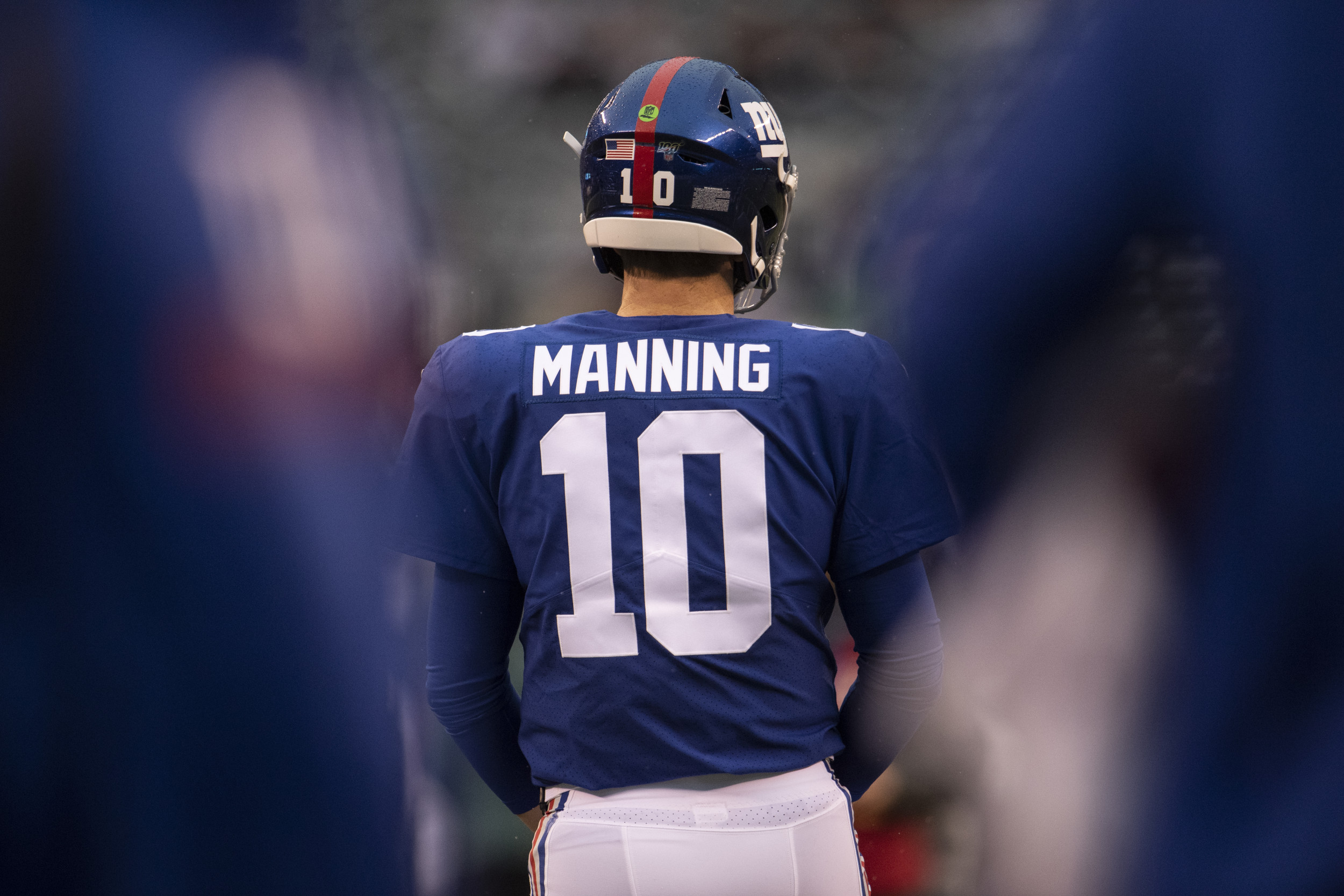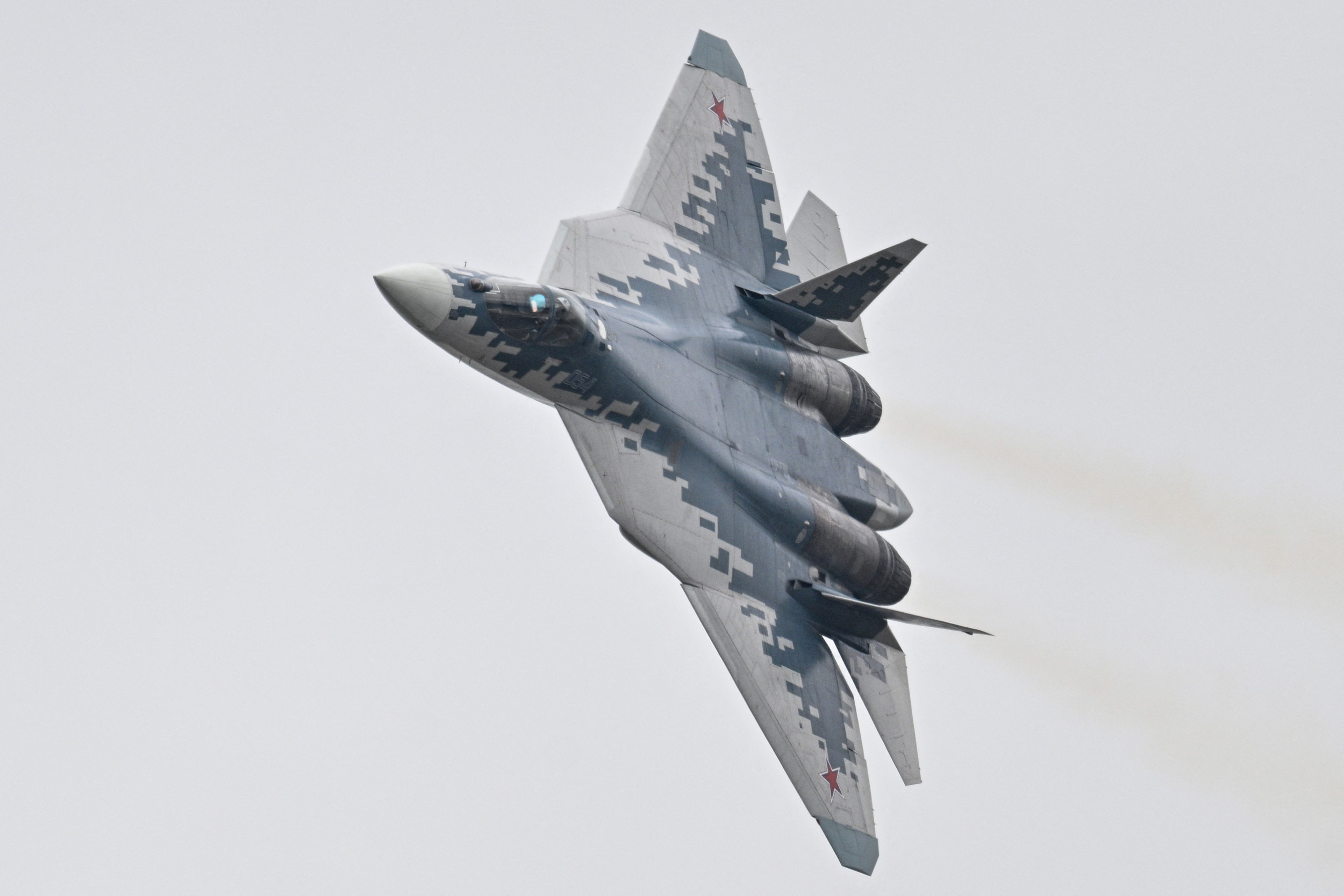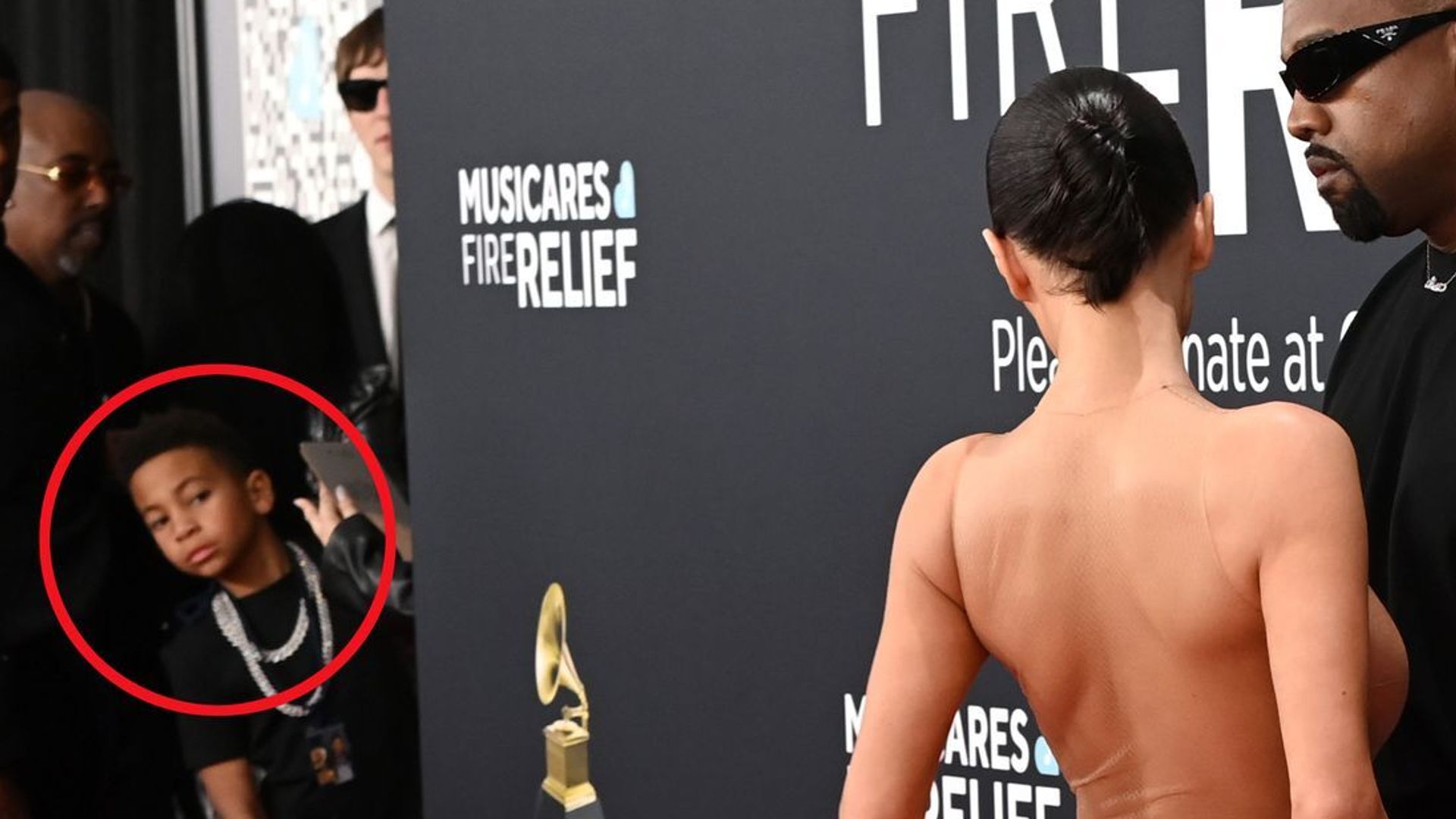China's export controls on strategic metals, a riposte to President Donald Trump's tariff hike, are being seen less as an economic blow and more as a warning shot to bring the United States to the negotiating table.
Newsweek has reached out to the Chinese foreign ministry by email with a request for comment.
Why It Matters
Last weekend, Trump escalated the trade war he initially launched during his first term, raising trade duties on Chinese goods by an additional 10 percent, citing the need to curb the flow of precursors fueling the U.S. fentanyl crisis.
The U.S.'s third-largest trade partner hit back Tuesday by restricting exports of tungsten, bismuth, indium, molybdenum and tellurium. It was the third time in less than three months Beijing has leveraged its resource dominance.
What To Know
Among these metals, tungsten poses the greatest strategic vulnerability. China accounts for 80 percent of global supply and supplies 45 percent of U.S. imports of tungsten content, according to the U.S. Geological Survey (USGS).
Nearly as hard as diamond and with a high energy density, tungsten is critical in the manufacture of weapons such as armor-piercing rounds, as well as having a range of civilian applications, from light bulbs to electric vehicle batteries.
The Biden administration in September imposed a 25 percent tariff on tungsten and other critical resources as part of a strategy to wean U.S. industries off Chinese-controlled supply chains.
Meanwhile, Toronto-based global mining company Almonty Industries recently reopened a tungsten mine in South Korea it says could meet 12 percent of global demand by 2027.

China previously targeted tungsten late last year in a tit-for-tat move after U.S. sanctions on Chinese firms accused of supplying Russia with electronics and other goods with potential military uses.
China was also a major supplier of U.S. bismuth, from 2019-2022 accounting for 68 percent, followed by South Korea (20 percent), Belgium and Mexico (2 percent each). This metal is mostly used in cosmetics, industrial processes, laboratories and pharmaceuticals.
The other materials restricted by China on Tuesday appear largely symbolic, as the country supplies only a small share of the U.S.'s total imports.
One is molybdenum powder, key for manufacturing. Peru is the top source of U.S. molybdenum ore and concentrates, accounting for nearly two-thirds of imports, followed by Mexico (18 percent) and Chile (12 percent).
Although China is a source of indium, U.S. allies South Korea, Japan and Canada are also major suppliers of the metal used to produce TV and phone screens.
Most of the U.S.' tellurium, a metal used in solar panels and memory chips, likewise comes from allied nations, including Canada, the Philippines, Japan and Germany.
Given the alternative sources for many of these materials, China's "warning shot" will have a negligible effect on those markets, Mining Weekly cited a London-based commodities trader as saying on condition of anonymity.
What People Are Saying
A spokesperson for China's commerce ministry told press Tuesday: "Implementing export controls on tungsten and related items is a common international practice. As a major global producer and exporter of tungsten and related materials, China has long been committed to fulfilling its international obligations, including non-proliferation, in accordance with national security and interest considerations."
Sean King, Asia scholar and vice president of Park Strategies, a strategic advisor to tungsten mining firm Almonty Industries: "Beijing's latest critical minerals strike suggests Xi Jinping is playing targeted hardball. This is but an overdue wakeup call, however, as the United States, its friends, and allies should have long since been searching for sources of such materials at home and/or in friendly markets."
What's Next?
Chinese authorities have stressed there are "no winners" in a trade war and called on Washington to "meet China halfway."
White House Press Secretary Karoline Leavitt told reporters Monday that Trump would speak with Xi soon, without giving details as to when that conversation could take place.












)






)
 English (US) ·
English (US) ·